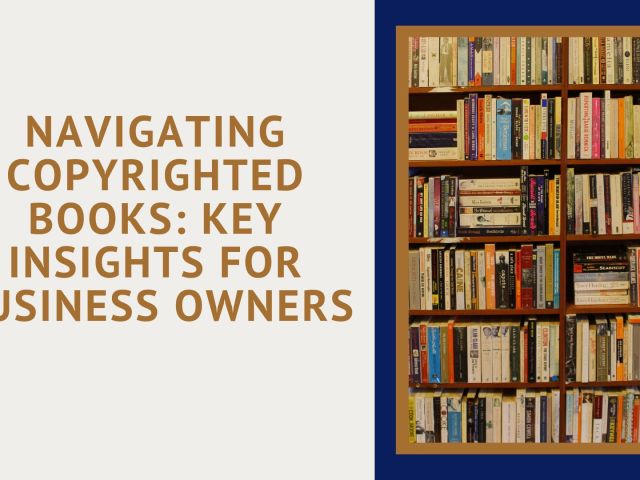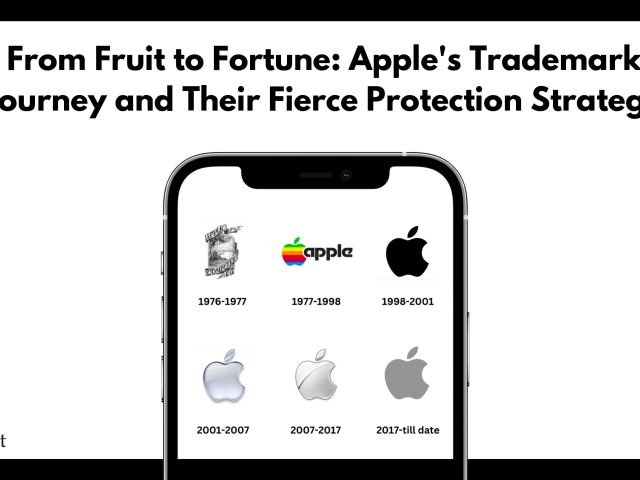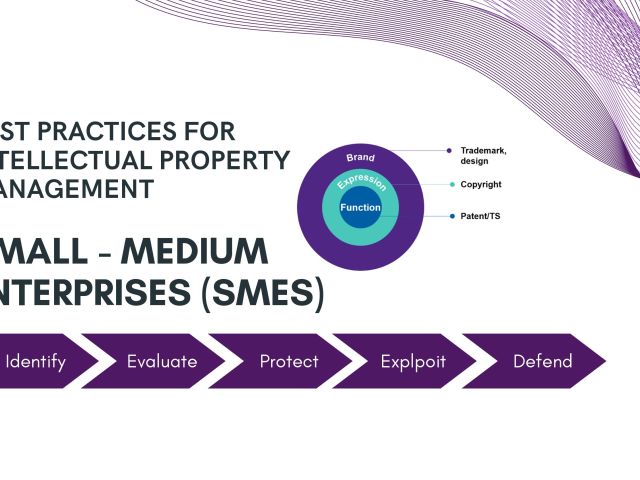Drones have been introduced in commercial popularity at a relatively low cost and are an easy and accessible way to capture videos and photographs. The government regulates the drone system in India through the Directorate General of Civil Aviation (“DGCA“). Also, the DGCA came up with the draft Unmanned Aircraft System Rules, 2020, which governs the usage of drones in the country.
While so much time and effort go into the creative making of the drone, its marketing materials, sound recordings, cameras, and lenses, the work must be protected.
Ownership is determined by determining who protects the Intellectual Property Rights of the work product. In India, the same is protected through Copyright Law.
The images, sounds, and videos captured by drones are more or less similar to those captured by a normal camera or lens. In India, the same is protected by copyright law. To determine the ownership of the work, the agreement between the drone pilot, the drone service company, and the customer.
What is the law?
Section 17 of the Copyright Act, 1957 states, “[f]irst owner of the copyright:- Subject to the provisions of this Act, the author of a work shall be the first owner of the copyright therein: Provided that—
(b) subject to the provisions of clause (a), in the case of a photograph taken, or a painting or portrait drawn, or an engraving or a cinematograph film made, for valuable consideration at the instance of any person, such person shall, in the absence of any agreement to the contrary, be the first owner of the copyright therein;”
In other words, Section 17 makes it clear that in the cases of photographs, paintings, or cinematographic films, for valuable consideration, such a person will be considered the first owner of the work in the absence of any agreement.
If there is an agreement with a company, then the copyright sustains with the company itself and not the person who took the photographs or videos.
However, these companies also have the right to assign the work’s copyright to any person or a customer. In this case, the company or the first owner renounces their right to own the copyright and potential copyright claims.
In addition, moral rights can also be transferred if there needs to be an exclusive agreement; otherwise, the moral rights naturally stay with the company itself.
Therefore, it has to be determined whether the drone pilot is an employee of a drone servicing company or an independent director. If the pilot is an independent contractor, then the copyright exists with the drone pilot.
However, if the pilot is not an independent contractor and clicked the photographs or video footage during their employment, then the copyright exists with the drone servicing company.
Are drones a distinct entity on which copyright is granted?
The rules under the Practice and Procedure Manual (2018) issued by the Copyright Office interpret that only natural persons (humans) shall be considered as “Author(s).” Similarly, in the case of Rupendra Kashyap v. Jiwan Publishing House Pvt. Ltd., the High Court of Delhi examined the idea of a natural person and an artificial person to conclude that an author can never be an institution as it comprises a natural person to create the work.
Therefore, it can be concluded that the copyright can only be granted in the name of the human authors or creators unless a contract states otherwise.
When an automated drone is given authorship, it will not determine its moral rights due to a lack of human instincts and sentiments regarding its goodwill and reputation.
In addition, the author’s right to claim royalty is an obligation that cannot be waived. However, the uncertainty regarding the grounds and rationale on which the drone would determine the royalty is another issue with a grant of copyright to the same.
Conclusion
Copyright law vigorously protects and favors the copyright owner and provides nearly infinite ways to transfer some, or all rights, to a customer. The copyright act protects the sale and distribution of drone-captured still images, sound recordings, and video footage. This means drone services companies must consider ownership of the works before selling and distributing them.
A drone service company capable of providing professional drone services should think ahead of time, even before taking shots, recordings, or footage. Clear and precise knowledge of what belongs to whom will be of assistance in reducing future risks associated with the creation, use, and distribution of drone-captured images, sound recordings, and video footage.



